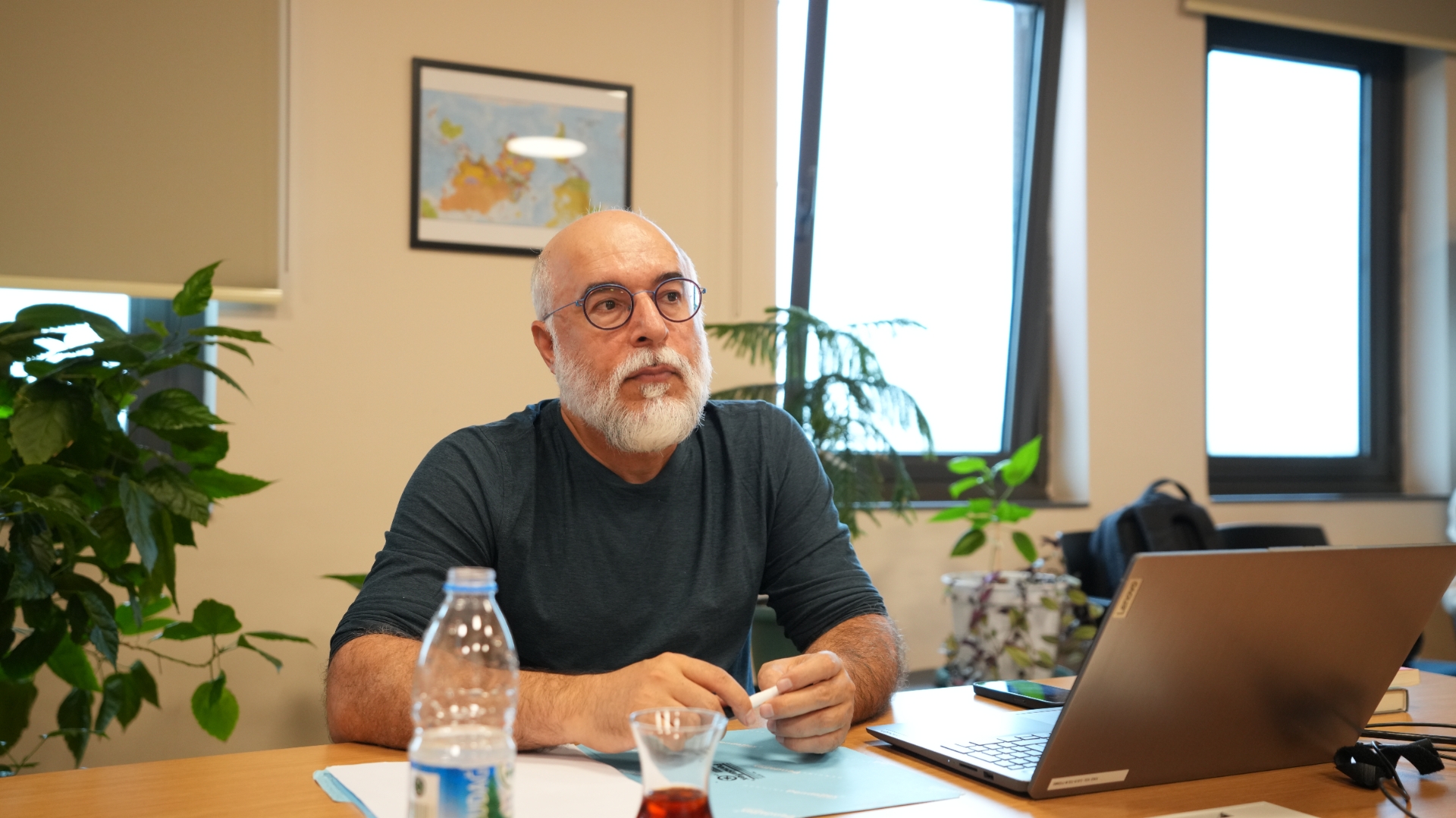


As part of the “Sociology Talks” series organized by the Department of Sociology at Ibn Haldun University on October 7, 2025, Mücahit Bilici, who is a Visiting Professor in our department and a Professor of Sociology at John Jay College and the CUNY Graduate Center of the City University of New York, delivered a presentation titled “Islam's American Frontiers: The Making of a Halal Homeland.” In his talk, he analyzed how Islam and America have historically and culturally constituted “frontiers” for each other, explaining that while these frontiers have produced anxiety and fear on one hand, they have also provided a ground for new beginnings and identity formations on the other. Prof. Dr. Bilici stated that the first Muslim immigrants saw America as an “unformed land,” which created concerns about preserving their Islamic identity. He emphasized that they went through a series of processes of coding and adaptation, such as determining the direction of Mecca (Qibla), making peace with the English language, and accepting America as a religiously legitimate homeland.
Focusing on the transformation of the concept of “halal” in America, Prof. Bilici explained how halal has evolved from being merely a religious-legal term into a lifestyle and an industry encompassing issues such as health, food justice, and environmental awareness. He pointed out that, as illustrated by the halal food carts on the streets of New York, halal has become a natural part of America’s urban fabric.
He stated that in this transformation, the concept of halal gained an ethical dimension by merging with the term “tayyib” (good, pure, wholesome), enabling Muslims to find an Islamic response to modern concerns while also attracting the interest of non-Muslim consumers. Finally, he noted that this process has led to an expansion in both the definition of halal and its audience, allowing American Muslims to maintain their religious lives without feeling isolated from mainstream society.